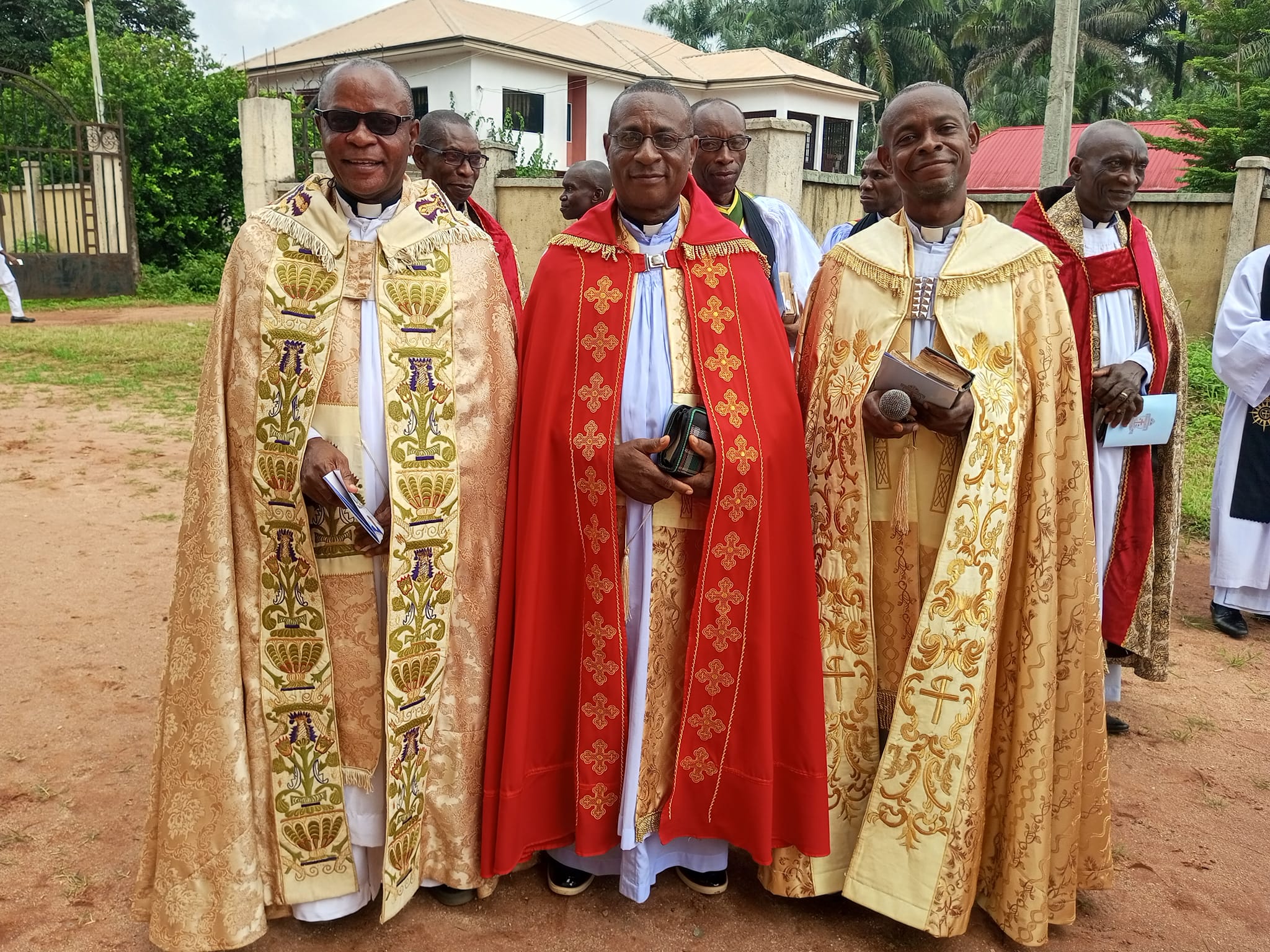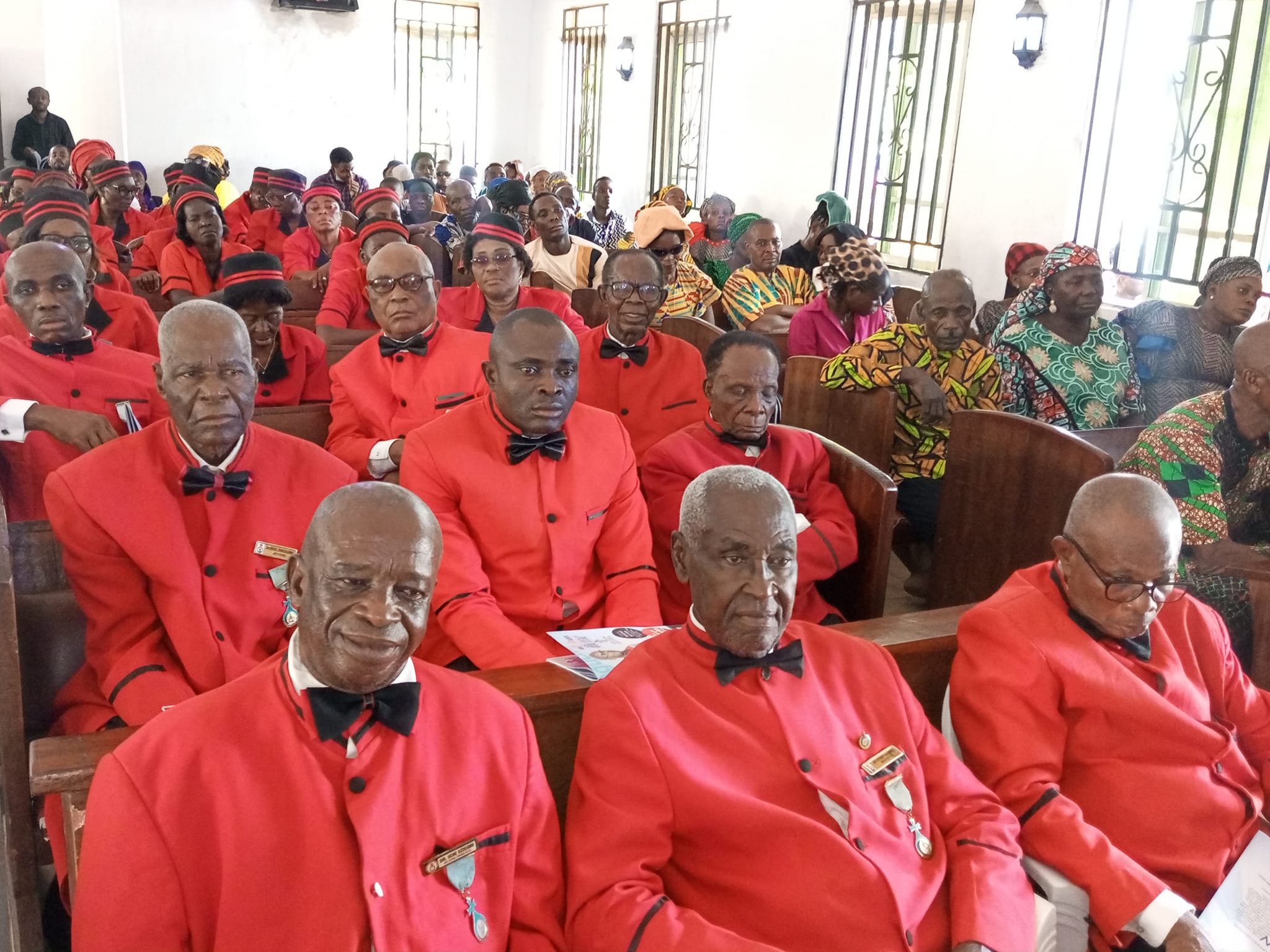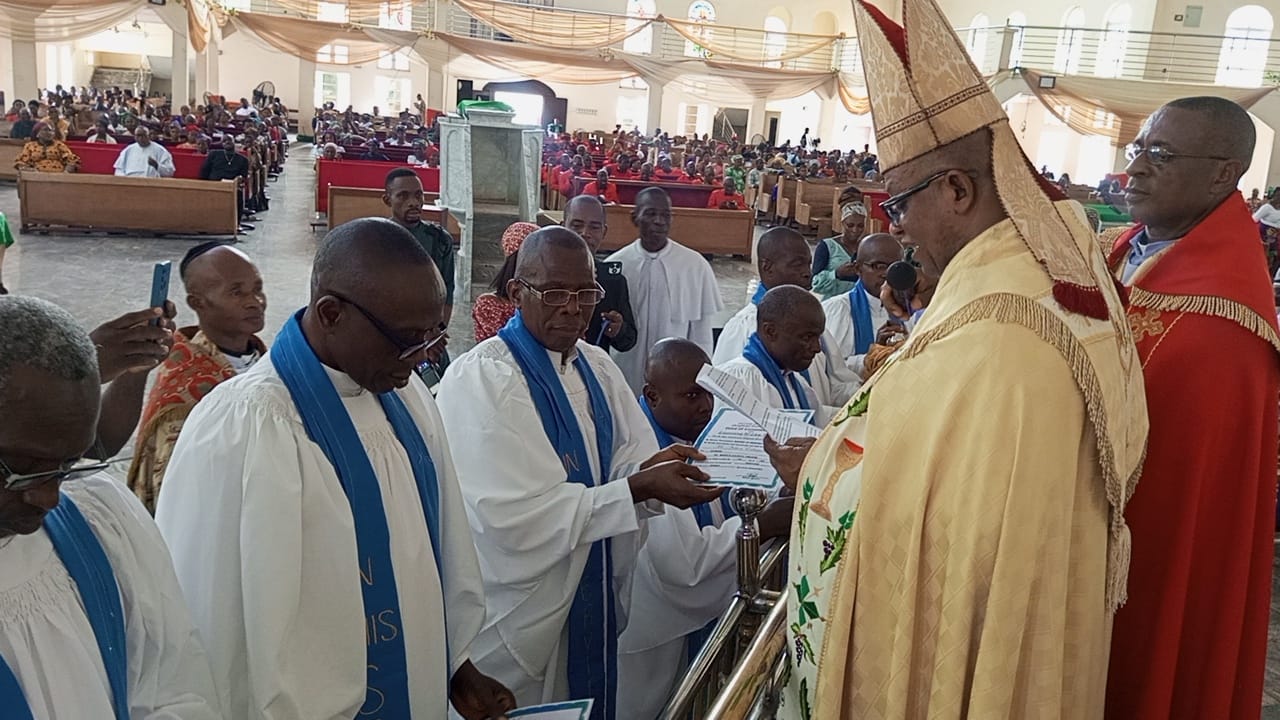The Anglican Communion is one of the largest Christian communities in the world, representing millions of Anglicans spread across various countries and cultures. It is a diverse yet unified body that brings together people from all walks of life, united in faith, worship, and mission. The Anglican Communion serves as a model of unity in diversity, bound together by common beliefs, practices, and a shared commitment to the teachings of Jesus Christ.
The Origins and Structure of the Anglican Communion
The Anglican Communion traces its roots back to the early Christian church and is significantly shaped by the Reformation of the 16th century in England. The Church of England’s independence from the Roman Catholic Church established a new model of worship and governance, one that valued both continuity with the historic Christian faith and adaptability to new contexts. Over time, Anglicanism spread through missionary work, colonization, and migration, leading to the establishment of independent Anglican churches across the world.
Today, the Anglican Communion comprises 42 autonomous regional churches, often called provinces, including the Church of Nigeria, the Church of England, the Episcopal Church in the United States, and the Anglican Church of Kenya, among others. Each province operates independently but remains connected through shared beliefs, liturgical practices, and commitment to the historic faith as expressed in the Scriptures and the teachings of the early Church.
Core Beliefs and Practices
The Anglican Communion is built on a foundation of faith in the Triune God—Father, Son, and Holy Spirit. Anglicans affirm the authority of Scripture, believing it to contain all things necessary for salvation. They also hold to the historic creeds (Apostles’ Creed, Nicene Creed, and Athanasian Creed) as essential statements of Christian belief.
One of the unique features of the Anglican Communion is its use of the Book of Common Prayer, a liturgical resource that provides a framework for worship, sacraments, and prayers. The Book of Common Prayer, first compiled by Archbishop Thomas Cranmer in 1549, has been adapted over time to reflect the diverse cultures and languages within the Communion while preserving the essence of Anglican worship.
Anglican spirituality emphasizes a balance between scripture, tradition, and reason. This “three-legged stool” approach allows for a faith that respects the authority of Scripture, honors the wisdom of historical tradition, and encourages thoughtful engagement with contemporary issues.
The Role of Unity in Diversity
One of the remarkable characteristics of the Anglican Communion is its ability to hold together a wide range of theological perspectives, liturgical styles, and cultural expressions. This unity in diversity is both a strength and a challenge, as it requires Anglicans to navigate differences with grace, respect, and a commitment to mutual understanding.
The Anglican Communion is held together by “bonds of affection” rather than a centralized authority. Unlike other Christian denominations with a single leader, such as the Pope in the Roman Catholic Church, the Anglican Communion operates on a collegial model. The Archbishop of Canterbury serves as a symbolic leader and a “first among equals,” but each province maintains autonomy in matters of governance and doctrine. The Lambeth Conference, held every ten years, is one of the primary venues where Anglican bishops from around the world come together to discuss matters of faith, mission, and social justice.
Global Impact of the Anglican Communion
The Anglican Communion is deeply committed to engaging with the needs of the world and serving as an instrument of God’s love and justice. Anglicans are involved in various ministries that address social, economic, and environmental issues, including poverty alleviation, healthcare, education, and environmental stewardship.
In many countries, the Anglican Church plays a significant role in advocating for human rights, promoting peace and reconciliation, and providing essential services to underserved communities. Anglican dioceses and parishes often work closely with local and international organizations to provide disaster relief, combat human trafficking, and promote gender equality. The Anglican Communion’s commitment to social justice is a reflection of its belief in the inherent dignity of every human being and its desire to see the world transformed by God’s love.
The Commitment to Ecumenism and Interfaith Dialogue
The Anglican Communion is committed to fostering unity not only within its own ranks but also with other Christian denominations and world religions. Anglicans believe in the importance of working together with other Christians to fulfill the mission of Christ and to present a united witness to the world. The Communion actively participates in ecumenical dialogues with the Roman Catholic Church, the Orthodox Church, the Lutheran World Federation, and other Christian bodies, seeking areas of common ground and cooperation.
Additionally, the Anglican Communion engages in interfaith dialogue with people of other religions, promoting understanding, respect, and peaceful coexistence. In an increasingly interconnected world, these dialogues are essential for building bridges, resolving conflicts, and working together for the common good.
The Anglican Communion in Nigeria and Ikeduru Diocese
The Church of Nigeria, Anglican Communion, is one of the largest and most vibrant provinces within the Anglican Communion. Known for its deep-rooted spirituality, evangelistic zeal, and commitment to community development, the Church of Nigeria plays a significant role in shaping the nation’s spiritual and social landscape. The Anglican Diocese of Ikeduru, a part of the Church of Nigeria, exemplifies this commitment to both faith and service, working to impact lives in Ikeduru and beyond.
In Ikeduru Diocese, the Anglican Church is not only a place of worship but also a force for social transformation. Through educational programs, healthcare services, youth empowerment initiatives, and community development projects, the Diocese strives to uplift the people of Ikeduru and contribute to the well-being of society. The Diocese’s commitment to the unity of the Anglican Communion and the broader Christian community reinforces its mission to share the love of Christ and promote peace and justice in the community.
Looking Forward: The Future of the Anglican Communion
As the Anglican Communion continues to grow and adapt to the changing world, it faces both opportunities and challenges. Issues such as theological diversity, cultural differences, and social justice concerns require careful discernment and a commitment to unity. The Anglican Communion’s commitment to scripture, tradition, and reason provides a foundation for navigating these challenges with grace and resilience.
The future of the Anglican Communion lies in its ability to remain true to its core beliefs while embracing the diversity that enriches its global family. By continuing to serve as a bridge between cultures, denominations, and religions, the Anglican Communion can offer a powerful witness of unity, love, and hope in a divided world.
A Call to Action
The Anglican Communion is a global community united by faith, bound by shared beliefs, and committed to serving God and others. As members of the Anglican Diocese of Ikeduru and the broader Anglican family, let us recommit ourselves to this mission. We are called not only to worship together but also to work together for the good of our communities, to support one another in faith, and to bring hope and healing to a hurting world.
May we continue to walk in the love and guidance of Christ, embodying the values of the Anglican Communion and shining His light in all that we do.






